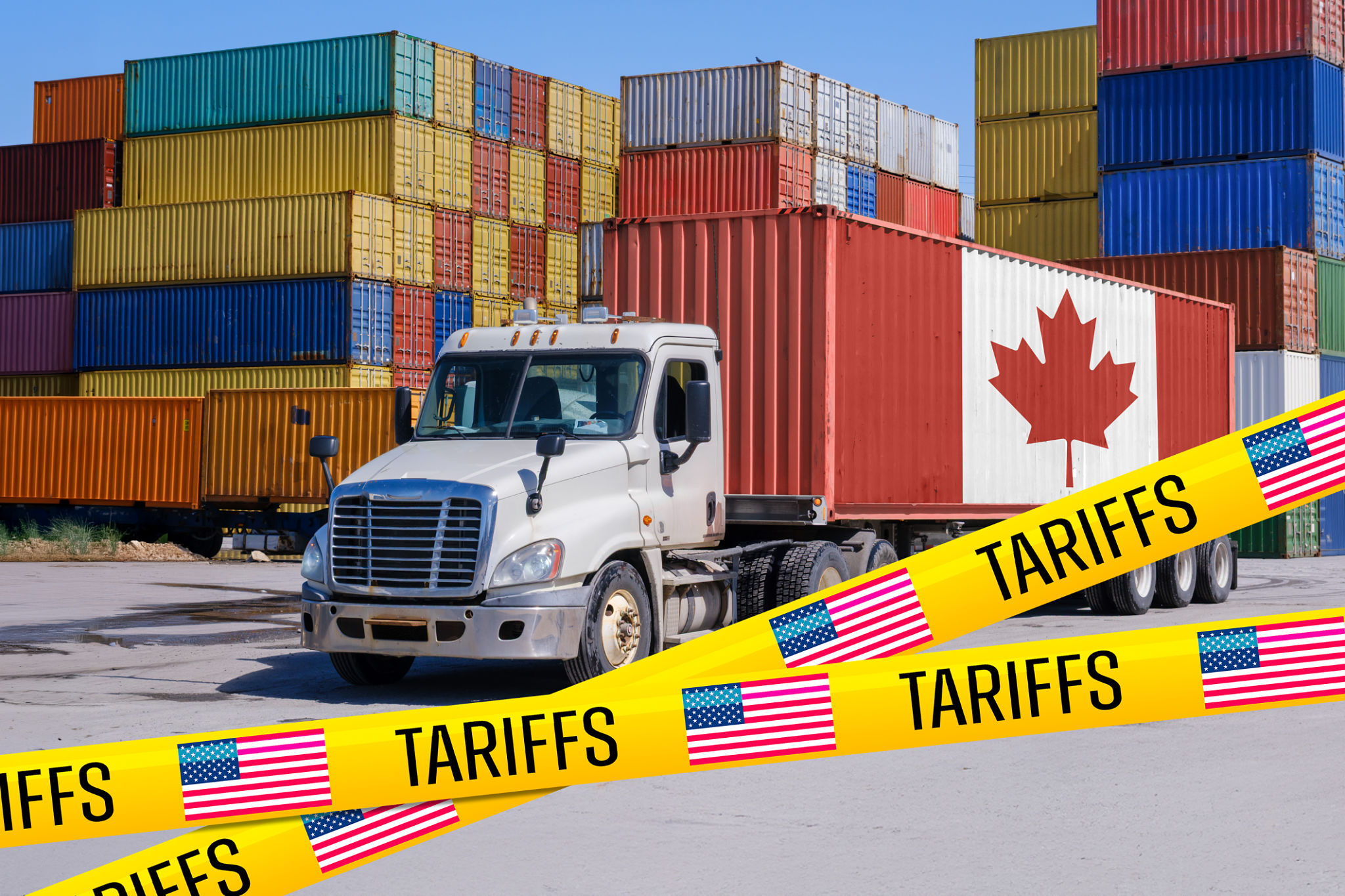Navigating the Texas Trucking Landscape: A Guide for Businesses in El Paso
Understanding the Texas Trucking Industry
The Texas trucking industry is a vital component of the state's economy, particularly in El Paso. Given its strategic location near the U.S.-Mexico border, El Paso serves as a key hub for freight transportation. Whether you are a local business or a national company looking to expand, understanding this landscape is crucial for efficient logistics and supply chain management.

Trucking in Texas is characterized by its vast network of highways and interstates, making it one of the most truck-friendly states in the country. However, with this advantage comes the challenge of navigating complex regulations and ensuring compliance with both state and federal laws.
Key Regulations and Compliance
For businesses in El Paso, it is essential to stay informed about both federal regulations governed by the Federal Motor Carrier Safety Administration (FMCSA) and state-specific rules. These regulations cover important aspects such as driver qualifications, vehicle maintenance, and hours of service.
Compliance is not just about avoiding fines but also about ensuring safety on the road. Regular training for drivers and thorough understanding of the legal framework can significantly reduce risks. Moreover, integrating modern technologies like GPS tracking and electronic logging devices can help in maintaining compliance efficiently.
State-Specific Considerations
Texas has its own set of rules that businesses must follow. For instance, intrastate drivers have different hours of service rules compared to interstate drivers. Being aware of these distinctions can save time and resources in the long run.

Optimizing Logistics in El Paso
El Paso's unique geographical position offers both opportunities and challenges for logistics optimization. Companies that effectively manage their logistics can gain a competitive edge. Here are some strategies:
- Partner with local trucking companies familiar with the regional terrain and regulations.
- Utilize technology for route optimization to save time and fuel.
- Implement a robust supply chain management system to handle cross-border logistics efficiently.
By leveraging these strategies, businesses can ensure timely deliveries and optimize their operations for better profitability.

Building Relationships with Local Partners
Building strong relationships with local partners can be beneficial for businesses operating in El Paso. Local trucking firms often have a deeper understanding of the regional market and can offer insights that might not be available through larger national companies.
Partnering with local service providers can also lead to cost savings and operational efficiencies. These partnerships may include logistics companies, warehouse operators, and even local government agencies that can offer support in navigating regulatory challenges.
The Future of Trucking in Texas
The future of trucking in Texas is poised for significant growth, driven by technological advancements and evolving market needs. Innovations such as autonomous trucks, electric vehicles, and enhanced data analytics are expected to revolutionize the industry.
For businesses in El Paso, staying ahead of these trends will be crucial. Investing in technology and training will not only enhance efficiency but also prepare companies for future challenges and opportunities in the trucking industry.

